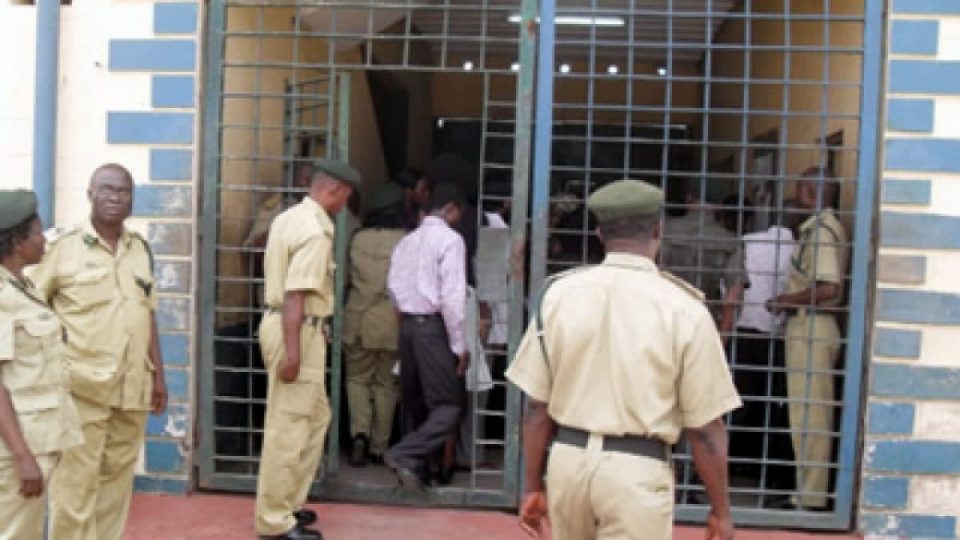The percentage of females admitted into the Nigerian Correctional Centre increased by 4.82 per cent in 2022, according to the National Bureau of Statistics, NBS.
This is contained in the NBS Statistical Report on Women and Men in Nigeria 2022 released in Abuja on Wednesday.
The report showed that in 2020, the percentage of females admitted into the Nigerian correctional centre stood at 4.90 per cent, then dropped to 4.48 per cent in 2021 and increased to 4.82 per cent in 2022.
It also showed that in 2020, 2021, and 2022, male inmates accounted for 95.10, 95.52, and 95.18 per cent respectively.
The report further indicated that stealing was the most prevalent offence committed by both men and women.
It also showed that in 2020 the number of men convicted of stealing stood at 40,555, which declined in 2021 to 31,921 and increased to 44,477 in 2022.
”Similarly, the number of women admitted to prison for stealing in 2020 was 1,981, which decreased in both 2021 and 2022 to 1,320 and 1,272 respectively.”
The report showed that there was a decline in the crime of bank fraud in the period under review.
According to the report, in 2020, the number of persons arrested was 22 males and four females, whereas the number of persons convicted was eight males and two females.
”This decreased in 2021 as there was no person either arrested or convicted, while in 2022 there was an increase in the number of persons arrested.
”In 2022, three males and four females were arrested while the number of persons convicted was two males and one female.”
The report further showed that male suspects accounted for 90 per cent of all the suspects arrested for drug-related offences in Nigeria between 2020 and 2022, while female suspects arrested ranged from 7.35 and 7.62 per cent.
The report also showed that the percentage of females trafficked for forced labour was 64.87 per cent in 2020, 59.93 per cent in 2021, and 59.14 per cent in 2022.
It showed that the percentage of women aged 15 to 49 who had experienced physical violence since age 15 increased from 27.80 per cent in 2013 to 31 per cent in 2018.
The report also showed that 8.20 per cent of females aged 0 to 14 had been circumcised in Nigeria in 2021.
The NBS said that from 2020 to 2022, the percentage of females aged 26 to 35 trafficked was 87.86 per cent, 91.08 per cent, and 71.09 per cent respectively.
”In 2019, all victims trafficked for prostitution were females (100 per cent), however, it was 97.82 per cent, 99.72 per cent, and 99.55 per cent in 2020, 2021, and 2022 respectively.”
The Statistician-General of the Federation, Adeyemi Adeniran, said the statistical report analysed the status of women and men across Nigeria from 2020 to 2022 using statistics from agencies at the federal and state levels.
Adeniran said that the report covers six key economic policy domains, which included Population, Health, Education, Employment, Power and Decision-Making in Governance, and Violence Against Women and Crime.
”It benchmarks gender equality across these critical areas annually to measure progress, by compiling and analysing comprehensive national statistics disaggregated by sex.
”The report aims to support policies and programmes enhancing equal rights, responsibilities, and opportunities for women and men in Nigeria, using data from relevant agencies at Federal, State, and Local Government levels”, he said.
NAN






